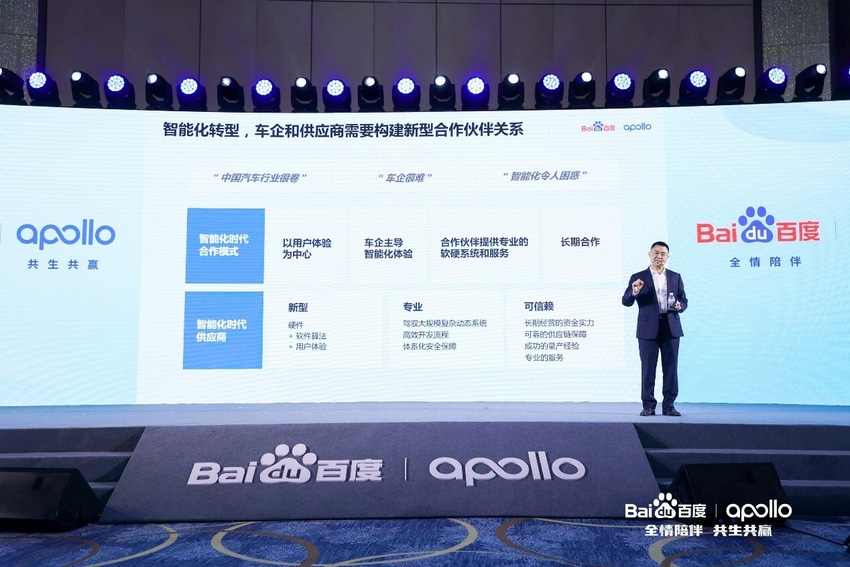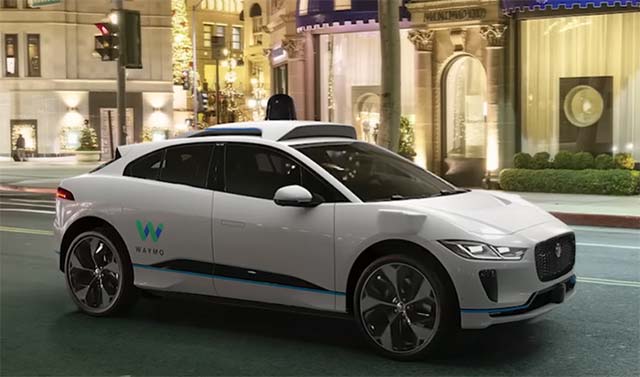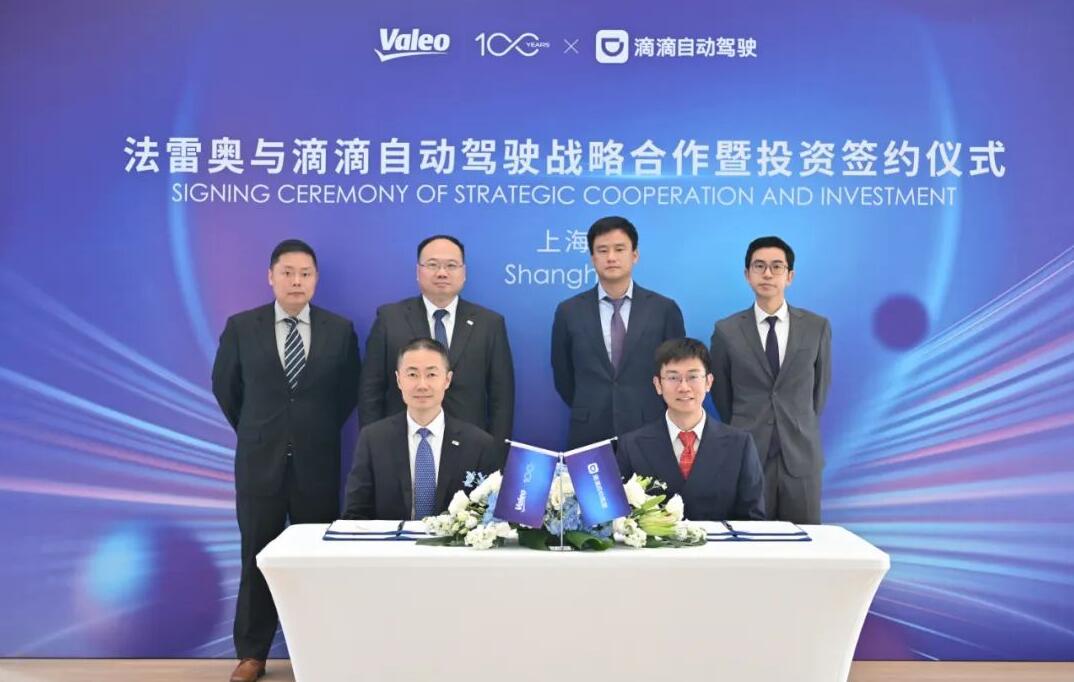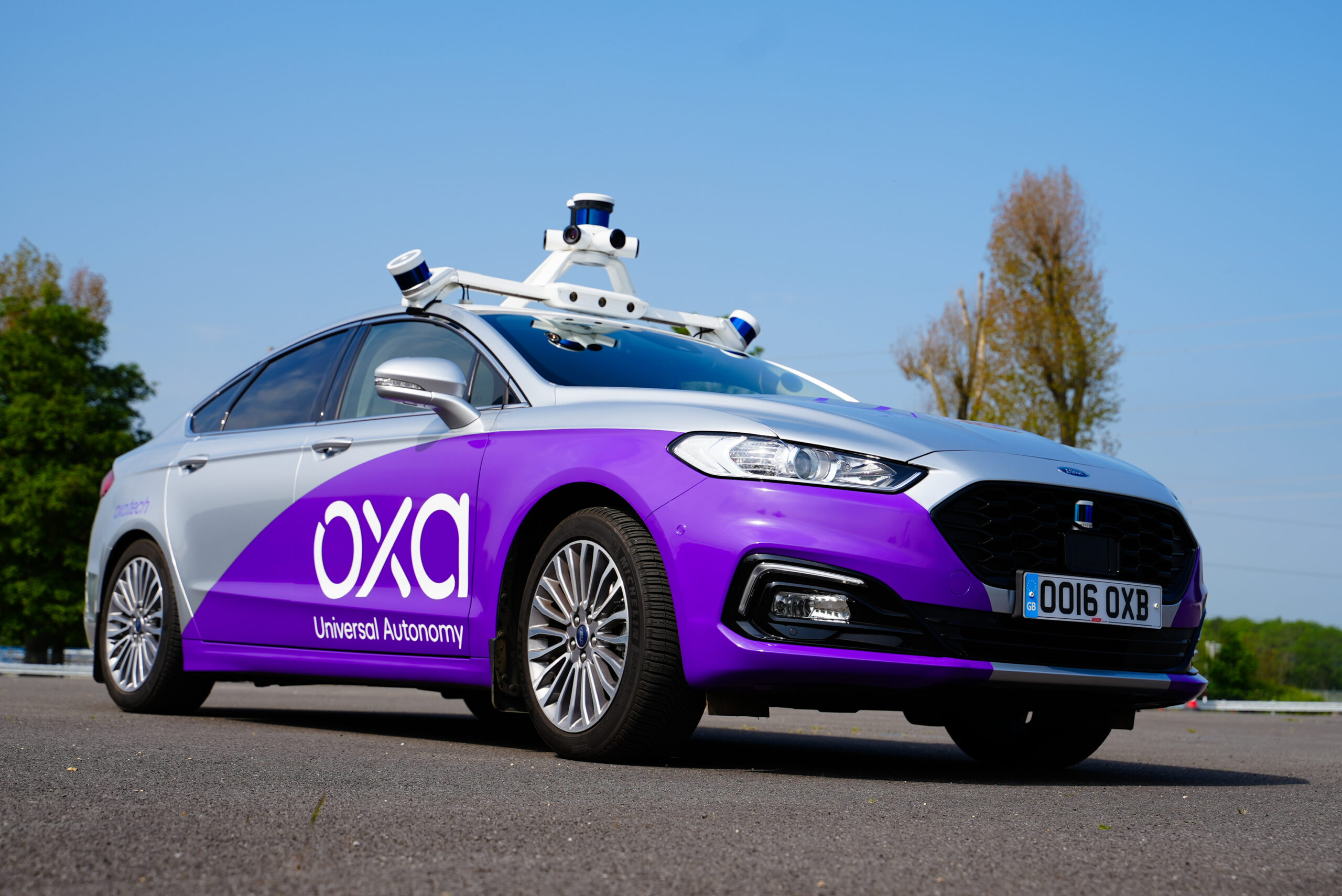Baidu once again reaffirmed its commitment to become a global leader in the realm of automated and intelligent driving by unveiling a range of upgrades for its technology.
The company has already made public its plans to establish the largest fully driverless ride-hailing service worldwide in 2023, through its Apollo Go platform. Furthermore, at the Shanghai Auto Show in April, Baidu showcased a series of new products and outlined its vision for the future.
At the core of all these developments lies Baidu’s belief that the automotive industry is on the cusp of a profound transformation. During the Shanghai exhibition, the company publicly projected that by 2026, over 15% of the vehicles available in the market will be equipped with Level 2+ driving assistance systems, encompassing valet parking and navigation pilot aids for both urban areas and highways.
See also: Baidu Secures Permit to Launch Fully Autonomous Ride-Hailing Service in Beijing
Emphasizing the significance of this pivotal moment, Rob Chu, Baidu’s Corporate Vice President and General Manager of Apollo Self Driving, expressed, “Gaining an early advantage in the intelligent car competition’s second half will likely hinge on who can lead in providing consumers with a safe and reliable intelligent driving experience.”
Among the upgrades unveiled were a variety of Baidu’s solutions tailored for automakers. One notable addition is Apollo City Driving Max, which features dual Nvidia Orin X SOCs, delivering an impressive processing power of 508 trillion operations per second (TOPS). Apollo City Driving Max also incorporates lidar technology and “lightweight” high-definition maps, making it the sole product currently available in China that offers vision perception capabilities in urban environments.
Baidu also confirmed an update for Apollo Highway Driving Pro, enhancing its assisted driving functionalities like highway navigation pilot, city autopilot, and valet parking. Notably, the latest version utilizes 50% less computing power. Furthermore, Baidu announced a partnership with Voyah, a luxury electric vehicle manufacturer under the Chinese state-owned giant Dongfeng, to supply its technology.
The autonomous parking solution, Apollo Parking, and Baidu’s in-vehicle navigation maps have also received enhancements, including a new user interface.
See also: Baidu starts offering autonomous taxi night service in Wuhan
Highlighting the importance of continuously evolving the product lineup, Zhenyu Li, Senior Corporate Vice President of Baidu, asserted, “In 2026, when intelligent cars become more prevalent, potential customers will be less inclined to consider vehicles without intelligent driving capabilities.”
In addition to these developments, Baidu took advantage of the Shanghai Auto Show to publish a white paper titled “Baidu Apollo Self Driving Openness.” The objective of this publication is to foster collaboration with car manufacturing partners and assist them in achieving commercial success.
With its intelligent automotive solutions integrated into 134 models from 31 car brands, equating to more than 7 million vehicles utilizing its technology, Baidu is well-positioned to offer expertise in this domain.







